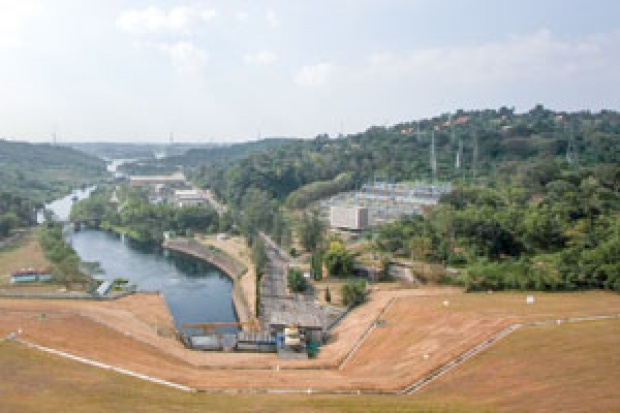New Rules for Clean Energy
Translator
Tempo.co
Editor
Laila Afifa
Sabtu, 28 Desember 2019 12:05 WIB

TEMPO.CO, Jakarta - THE government’s steps issuing regulations regarding new and renewable energy (EBT) for electricity power plants need to be carried out with great care. Rules that are user-friendly to investors are indeed necessary to develop clean energy. But the government has to ensure the regulations do not provide an opportunity for rent-seekers to come in, and also should not overburden the State Electricity Company (PLN).
The new regulations to be issued under presidential regulations concern the purchase of power from private companies by PLN. This regulation will be a breath of fresh air for renewable energy investors because clean energy will be the top priority in the state electricity company’s plans. PLN is compelled to give purchase priority to nine types of EBT power plants, including geothermal, air, wind, solar, and sea currents.
A clause that should give impetus to investors is the drastic change in the basic calculation of power purchase price. To date, power purchase prices for EBT plants refer to Energy and Mineral Resources Minister Regulation Number 50 of 2017, with a calculation basis of core power supply costs (BPP) determined by PLN. The BPP calculations refer to cost components of fossil-based power plant fuel. In the president’s regulations, the purchase price formula will use the feed-in tariff scheme, basically pricing calculations based on the real production costs of renewable energy.
The formula change is the result of investor insistence after many of their projects became stalled. In the geothermal segment, for instance, the Energy Ministry noted that up to this year, there were 59 power plant projects with capacities of 2.145 megawatts ready to enter the construction phase, but had not yet acquired the purchase transaction contract with PLN. Negotiation always met deadlock because PLN was tied to the BPP formula regulation, while investors were adamant that pricing should be based on feed-in tariffs. The situation reduced the opportunity to reach the 23 percent clean energy target in the national power plant system by 2025.
The new regulations hopefully will incite more investors to come in. But its execution needs careful and tight monitoring to stop investors from playing dirty. The feed-in tariff scheme determined based on the type of power plant, location, and other investment components open up the opportunity for investors to claim untoward margins and seek out rents. Moreover, in the upcoming presidential regulation scheme, a clause states the PLN has no negotiation room about the purchase price of power from suppliers or investors.
As a sole purchaser, PLN, of course, will bear the cost burden of a higher power purchase price. The policy could become a burden because, on the other hand, the state electricity company is compelled to sell electricity at prices affordable to the common people. This is why it is imperative the government makes careful calculations on the impacts of the new regulations for PLN.
The government should also determine the appropriate margin for investors by referring to similar practices in advanced countries. Investors should be incited to act transparently and be willing to be audited. In return, the government can give incentives, from tax reductions to ease in permits, up to support in land release, so that the targets for clean energy mix can be achieved.
Read the Complete Story in this Week's Edition of Tempo English Magazine




















